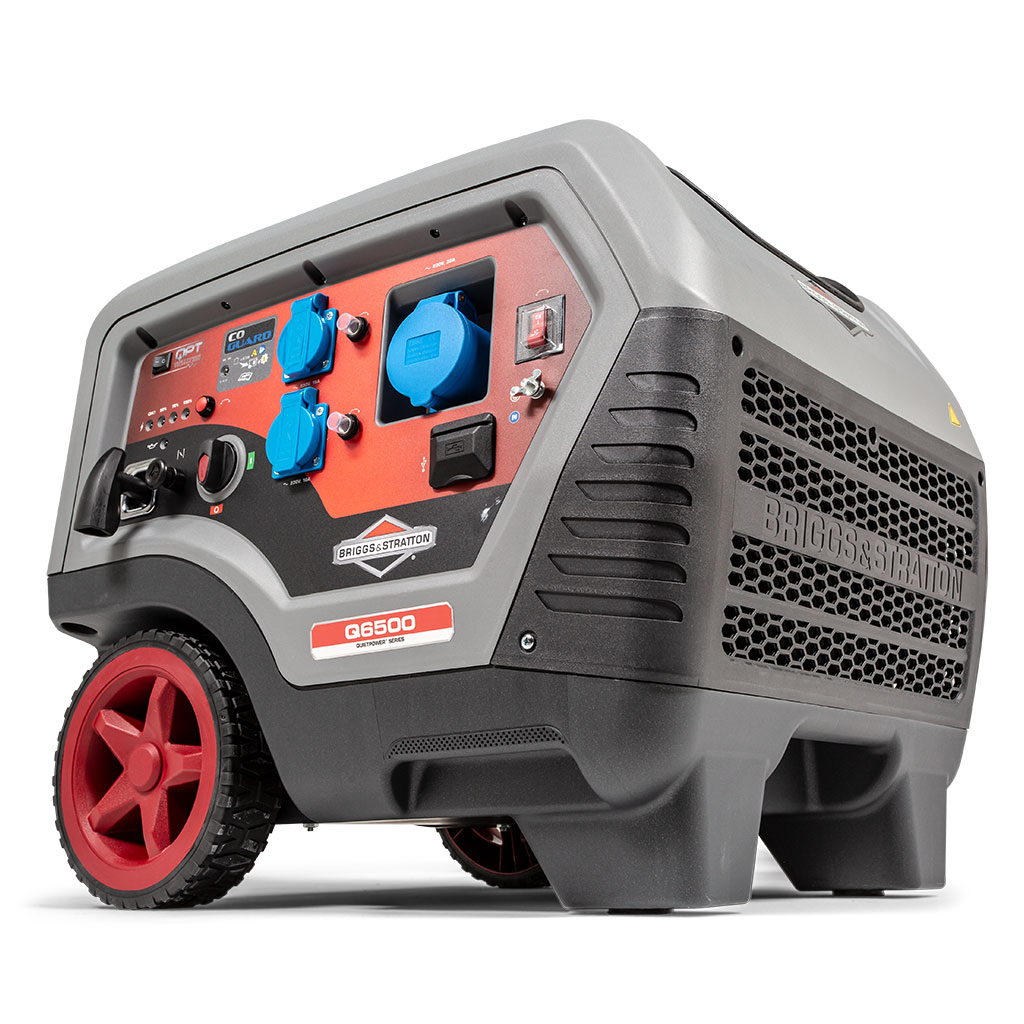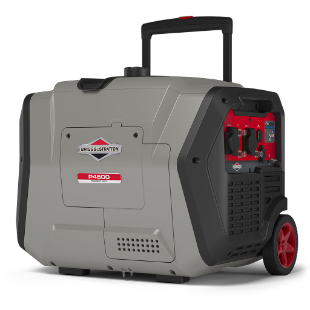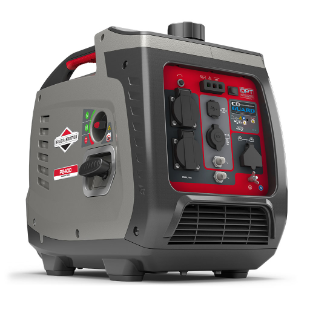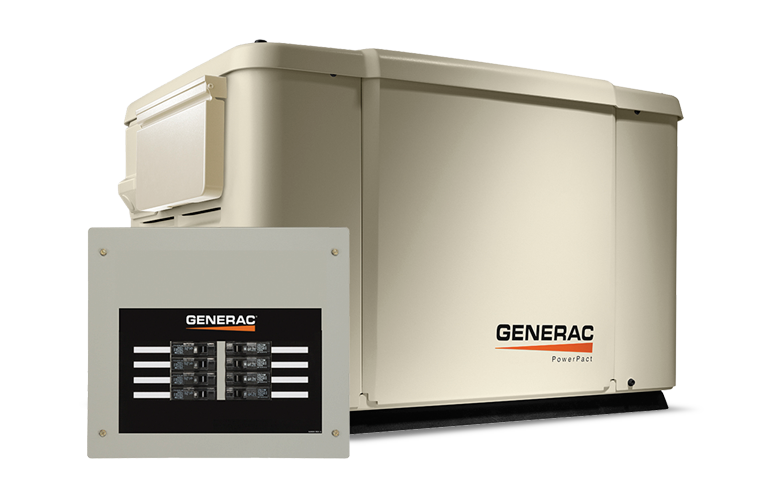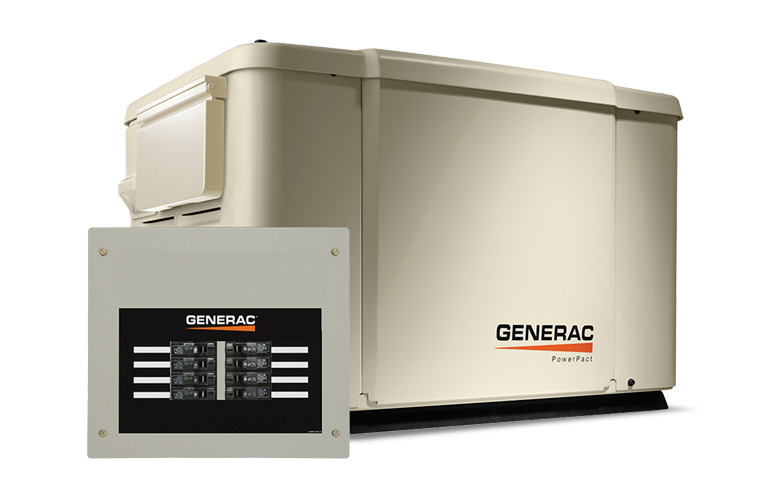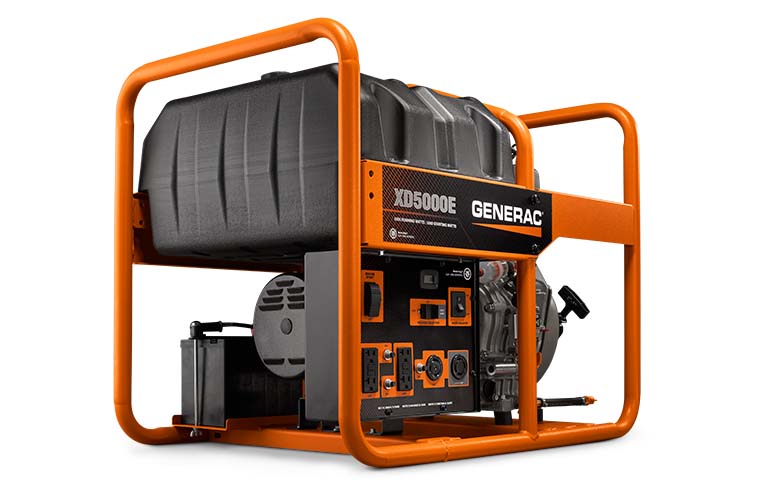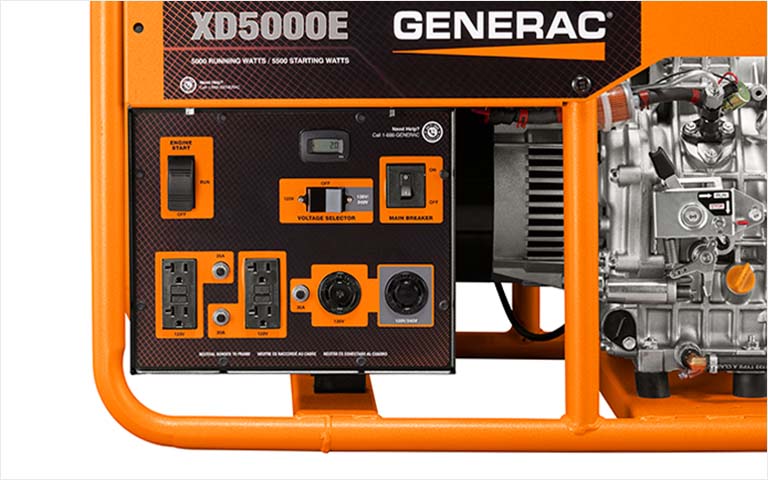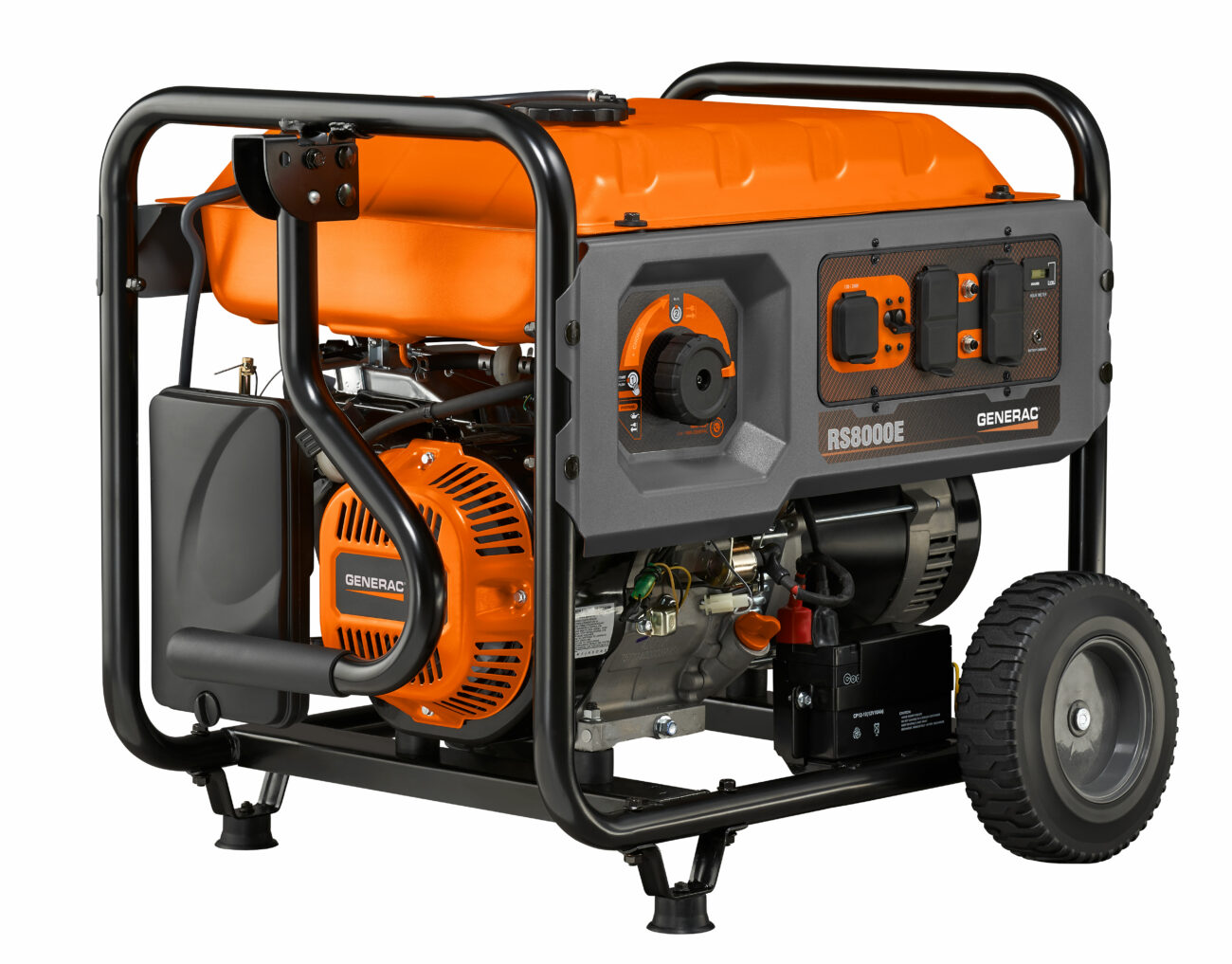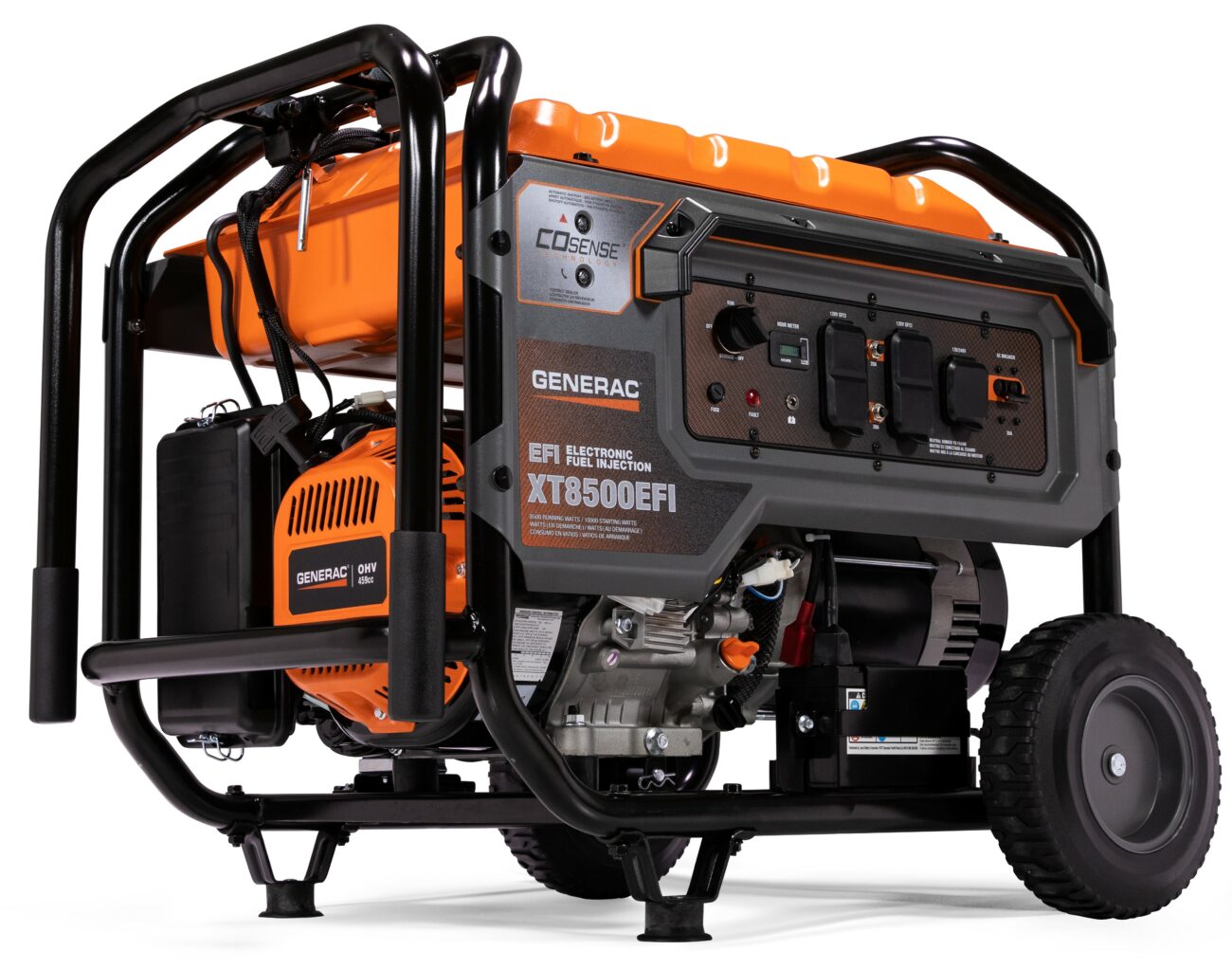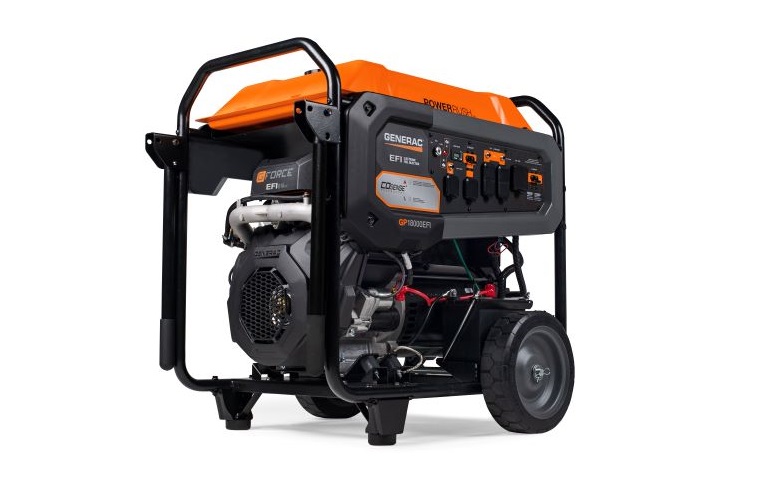BENEFITS OF BACKUP GENERATORS FOR OFF-GRID LIVING
In today’s fast-paced world, where technology has become an integral part of our lives, having a reliable source of power is crucial, especially for those living off the grid. Off-grid living often means relying on renewable energy sources such as solar panels or wind turbines, which can be unreliable during periods of low sunlight or calm winds. This is where backup generators come into play, providing a dependable source of power when your primary energy sources fail.
What is a Backup Generator?
A backup generator is a portable or stationary unit that converts mechanical energy into electrical energy, typically by burning fossil fuels such as gasoline, diesel, or propane. These generators are designed to kick in automatically during power outages, ensuring a seamless transition and preventing disruptions to your daily life.
Types of Backup Generators
There are various types of backup generators available in the market, each suited for different needs and applications. Here are some of the most common types:
- Portable Generators: These are compact and easily movable units, making them ideal for temporary power needs or for use in remote locations.
- Standby Generators: Also known as whole-house generators, these are permanently installed and automatically turn on when the main power source fails, providing electricity to your entire home or property.
- Inverter Generators: These generators are designed to produce clean, stable power that is suitable for sensitive electronic devices, making them a popular choice for off-grid living.
Benefits of Backup Generators for Off-Grid Living
Living off the grid comes with its own set of challenges, but having a backup generator can alleviate many of these concerns and provide numerous benefits.
Uninterrupted Power Supply
One of the primary benefits of having a backup generator is the assurance of an uninterrupted power supply. Even with renewable energy sources, there may be times when the sun doesn’t shine or the wind doesn’t blow, leaving you without electricity. A backup generator ensures that you never have to worry about being left in the dark or losing power to essential appliances and devices.
Increased Energy Independence
By incorporating a backup generator into your off-grid setup, you can significantly reduce your reliance on the traditional power grid. This increased energy independence not only provides peace of mind but also aligns with the principles of sustainable living, allowing you to minimize your carbon footprint and environmental impact.
Versatility and Portability
Depending on your needs, you can choose between portable and stationary backup generators. Portable generators offer the flexibility to take your power source with you, whether you’re camping, tailgating, or working on a remote job site. Stationary generators, on the other hand, provide a permanent solution for your off-grid home or property.
Powering Essential Appliances and Equipment
During power outages or periods of low renewable energy production, a backup generator can keep your essential appliances and equipment running smoothly. This includes:
- Refrigerators and freezers
- Heating and cooling systems
- Lighting
- Computers and electronics
- Power tools and machinery
By having a reliable backup power source, you can maintain your daily routine and continue with your work or leisure activities without interruption.
Preparedness for Emergencies
Natural disasters, severe weather conditions, or other unexpected events can disrupt traditional power grids and leave you without electricity for extended periods. With a backup generator, you can be better prepared for such emergencies, ensuring the safety and comfort of your family while also minimizing the risk of spoiled food or damaged equipment.
Cost Savings in the Long Run
While the initial investment in a backup generator may seem substantial, it can actually save you money in the long run. By reducing your reliance on the power grid and minimizing the risk of power outages, you can avoid costly repairs or replacements of damaged appliances and equipment. Additionally, many insurance companies offer discounts for homes with backup generators, further offsetting the upfront costs.
Choosing the Right Backup Generator
With a wide range of backup generators available in the market, it’s essential to choose the one that best suits your needs and meets the power requirements of your off-grid setup.
H3: Factors to Consider
When selecting a backup generator, consider the following factors:
- Power Output: Determine the wattage required to run your essential appliances and equipment simultaneously, and choose a generator with sufficient power output.
- Fuel Type: Generators can run on various fuel types, including gasoline, diesel, propane, or natural gas. Consider the availability and cost of fuel in your area, as well as the ease of storage and refuelling.
- Noise Level: Some generators can be quite noisy, which may be a concern if you live in a residential area or have noise-sensitive neighbours. Look for generators with low noise levels or consider installing soundproofing measures.
- Portability: If you anticipate needing to move your generator frequently, opt for a portable model with built-in wheels or a compact design.
- Automatic Transfer Switch: For standby generators, an automatic transfer switch ensures a seamless transition between your primary power source and the generator, preventing any interruptions or surges.
Professional Installation and Maintenance
While some portable generators are designed for plug-and-play use, larger standby generators often require professional installation to ensure proper integration with your off-grid system and compliance with local regulations. Additionally, regular maintenance by a certified technician can help extend the lifespan of your generator and ensure optimal performance when you need it most.
Environmental Considerations
While backup generators provide a reliable source of power, it’s important to consider their environmental impact and take steps to mitigate any potential negative effects.
Emissions and Noise Pollution
Generators that run on fossil fuels, such as gasoline or diesel, produce emissions that can contribute to air pollution and greenhouse gas emissions. To minimize your environmental impact, consider investing in generators with low-emission technologies or opt for propane or natural gas-powered models, which generally have lower emissions.
Additionally, the noise generated by backup generators can be a nuisance, particularly in residential areas. Look for generators with low noise levels or consider installing soundproofing measures to reduce noise pollution.
Renewable Energy Integration
To further enhance the sustainability of your off-grid setup, consider integrating your backup generator with renewable energy sources like solar panels or wind turbines. This hybrid approach can significantly reduce your reliance on fossil fuels while still providing a reliable backup power source when needed.
Battery Storage Solutions
Another option to consider is incorporating battery storage solutions into your off-grid system. These batteries can store excess energy generated by your renewable sources, providing a clean and silent backup power source during periods of low production.
Maintenance and Safety Considerations
Proper maintenance and safety measures are crucial when operating a backup generator, particularly in an off-grid setting.
Regular Maintenance
Regular maintenance is essential to ensure the longevity and optimal performance of your backup generator. This includes:
- Checking and replacing air filters
- Changing the oil and oil filters
- Inspecting fuel lines and connections
- Testing the generator under load
- Cleaning and inspecting the generator enclosure
It’s recommended to follow the manufacturer’s maintenance schedule and consider hiring a professional technician for more complex tasks.
Safety Precautions
Backup generators can pose safety risks if not handled properly. Here are some important safety precautions to keep in mind:
- Never operate a generator indoors or in enclosed spaces due to the risk of carbon monoxide poisoning.
- Ensure proper ventilation and airflow around the generator.
- Allow the generator to cool down before refuelling.
- Keep flammable materials and combustible liquids away from the generator.
- Install a transfer switch to prevent back-feeding into the utility lines, which can be hazardous for utility workers.
- Follow all manufacturer’s instructions and local regulations regarding generator installation and operation.
总结
Living off the grid is a rewarding and sustainable lifestyle, but it comes with its own set of challenges, particularly when it comes to ensuring a reliable power supply. Backup generators offer a practical solution, providing peace of mind and uninterrupted access to electricity, even during periods of low renewable energy production or unexpected power outages.
By carefully considering your power needs, choosing the right generator, and implementing proper maintenance and safety measures, you can enjoy the benefits of off-grid living while minimizing the risks and inconveniences associated with power disruptions.
Remember, A&A Genpro, Inc. is a premier Cummins Generator Dealer in Houston, offering a wide range of industrial and commercial generators. Our knowledgeable staff can guide you through the process of selecting the perfect backup generator for your off-grid setup, ensuring seamless integration and reliable power supply for years to come.
FAQs
- How long can a backup generator run continuously?
The runtime of a backup generator depends on several factors, including the fuel tank capacity, generator size, and load. Most portable generators can run for 8-12 hours on a single tank of fuel when operating at half load. Larger standby generators with bigger fuel tanks can run for days or even weeks before needing to be refuelled, depending on the demand.
- Are backup generators noisy?
Some backup generators, particularly older models or those without proper sound insulation, can be quite noisy. However, many modern generators are designed with noise-reducing features like mufflers and sound-dampening enclosures. Inverter generators are generally quieter than conventional models.
- Can I run my entire house on a backup generator?
It is possible to run an entire house on a backup generator, but you’ll need a sufficiently large generator to handle the combined electrical load of all your appliances and devices. Standby generators are typically sized to power essential circuits like heating/cooling, refrigeration, lighting, and some outlets.
- How often should I run my backup generator?
It’s recommended to run your backup generator for at least 30 minutes every month under load to ensure it’s in proper working condition. This exercise helps circulate the fuel, charge the battery, and identify any potential issues.
- Do backup generators require special installation?
Portable generators typically don’t require any special installation, but larger standby generators may need to be installed by a professional electrician. This includes proper wiring, transfer switches, and compliance with local building codes and regulations.

